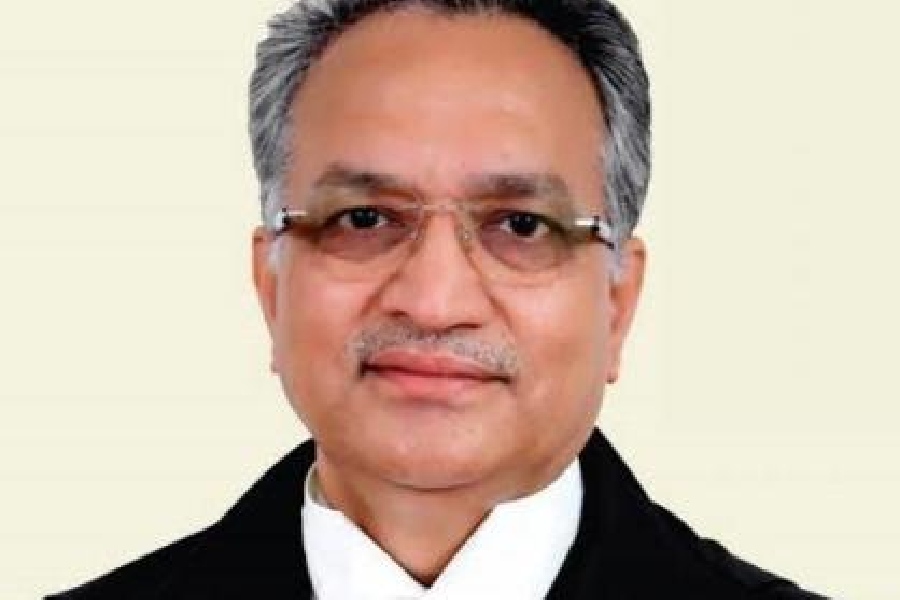Former Supreme Court judge Ajay Manikrao Khanwilkar, who was on Tuesday appointed the chairperson of the country’s anti-graft body Lokpal, has been the author of and privy to several historic judgments.
A highly respected and loved judge among the members of the Bar, Justice Khanwilkar demitted office as a Supreme Court judge on July 29, 2022 upon superannuation.
He was senior to Chief Justice of India D.Y. Chandrachud, who was part of the three-member committee headed by Prime Minister Narendra Modi that had unanimously recommended his name as the chairperson of the Lokpal.
On June 24, 2022, Justice Khanwilkar was part of the apex court bench that upheld the SIT clean chit to Narendra Modi and others in the 2002 Gujarat riots case, which had been challenged by Zakia Jafry, the wife of slain former Congress MP Ehsan Jafry,
and rights activist Teesta Setalvad.
In the judgment, the apex court had directed a probe against Setalvad and some ex-police officers for their alleged attempt to fabricate evidence against Modi, a ruling that had drawn flak from civil liberty activists. The bench also included Justices Dinesh Maheshwari and C.T. Ravi Kumar.
The ruling had prompted Gujarat police to swing into action and arrest Setalvad the next day.
On July 14, 2022, the apex court bench headed by Justice Khanwilkar dismissed a petition seeking an independent investigation into alleged extra-judicial killings of tribals in Chhattisgarh by security forces during anti-Naxalite operations. The court also imposed a penalty of Rs 5 lakh on the petitioner.
Justice Khanwilkar was also part of a three-judge bench that had on July 27, 2022, upheld the overarching power of the Enforcement Directorate to make arrests in money-laundering cases.
The apex court had passed the ruling in a massive 545-page judgment while disposing of a batch of nearly 250 petitions challenging the Prevention of Money Laundering Act.
In April 2019, a bench headed by Justice Khanwilkar had cancelled the bail granted by Delhi High Court to Zahoor Ahmad Shah Watali, arrested for offences under the UAPA (Unlawful Activities Prevention Act), 1967, on an appeal filed by the National Investigation Agency.
While cancelling the bail, Justice Khanwilkar had held that when it came to offences punishable under special enactments such as the UAPA, it was the duty of the court to be satisfied that there were reasonable grounds to believe that the accused was “not guilty” of the alleged offence.











